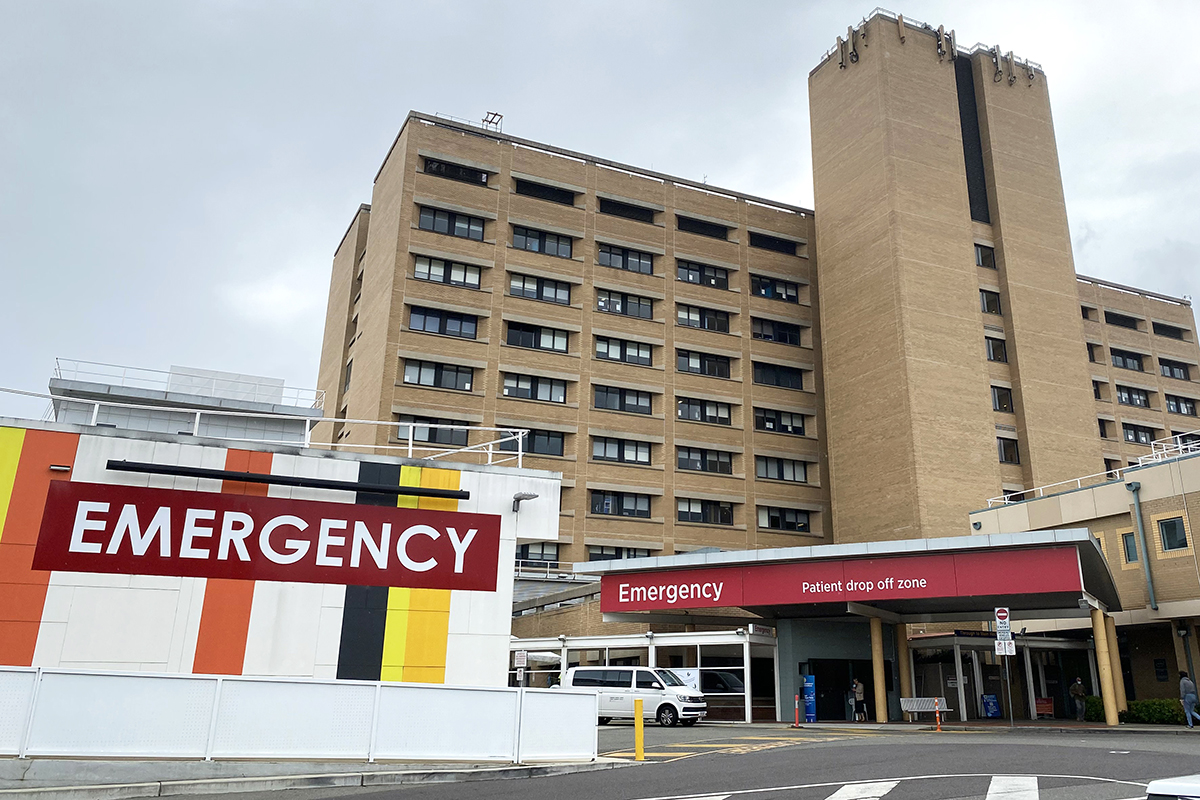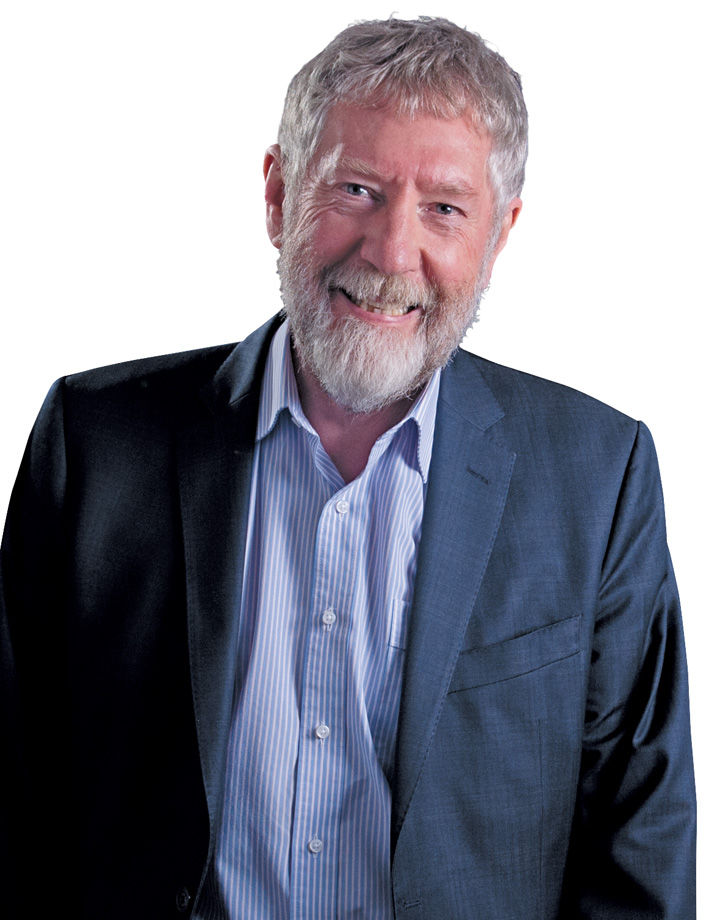
“How did Canberra Health Services get here? The report identified that there is a robust risk management framework that is supported by policies, procedures and guidance that is well understood,” writes political columnist MICHAEL MOORE.
AT last, there is some good news on the health front in Canberra.

Coming out of the mire of COVID-19 and its impacts on the health of all Canberrans, there is a positive report on our health system. Its greatest strength is the 8500 staff who work in Canberra Health Services.
The Australian Council on Healthcare Standards (ACHS), has identified that Canberra Health Services is delivering on its goal of providing healthcare and patient safety to Australian standards.
It was not long ago that these services fared very poorly in the assessment of the National Safety and Quality in Health Care Standards (NSQHS) as examined by ACHS.
The report really identifies what most of us have known for decades. The dedicated staff at the Canberra Hospital and other health services have always been the outstanding feature of ACT Health. Now the organisation of staff has aligned with their professionalism and skill.
This process was taken very seriously with 10 assessors carrying out the examination of the eight standards over five days in late June, visiting all clinical areas and many non-clinical support areas. The assessors found that change is in the air stating: “Many staff commented on the significant improvement in communications and staff morale since that last on-site organisational-wide accreditation assessment”.
A reorganisation of health arrangements in Canberra resulted in the Canberra Health Services being formed in October 2018 following a stinging report from the NSQHS in March of that year when 33 of the 151 actions failed to meet the requirements.
What the report does not consider is the issue of timeliness in emergency and elective surgery. Timeliness remains a serious challenge, with waiting lists abysmal.
The change has proved worthwhile. The 151 actions have been satisfactorily addressed across the eight standards. As an example, the report cited as a positive approach “inclusion of patients and carers in care planning and delivery of care” and, more importantly, “delivery of quality comprehensive care through staff collaboration across all disciplines in the patient journey”.
The assessment also commented on “authentic partnerships between staff, patients and carers, and strong documentation and patient handover procedures during the continuum of care”.
How did Canberra Health Services get here? The report identified that there is a robust risk management framework that is supported by policies, procedures and guidance that is well understood. Robust frameworks across Canberra Health Services that are supported effectively are key in bringing about effective improvements.
What’s changed? “A positive workforce culture that closely aligns with the Canberra Health Services vision and values”. All this has been achieved despite the impact of the pandemic when staff were under incredible pressure and stress.
Health Minister Rachel Stephen-Smith was happy to sing the praises of the staff.
“It was also great to see some of our programs, such as Enhanced Recovery After Surgery receive a special mention as an example of patients being actively involved in their care from pre-admission to discharge – reducing length of stay, post-surgery complications and improving patient satisfaction,” she said.
In a similar vein, Mental Health Minister Emma Davidson, said: “The assessors noted how motivated our mental health team at Canberra Health Services is and highlighted effective systems in place, such as having mental health representatives based in the Emergency Department for prompt risk assessment and patient transfers”.
“Other new initiatives highlighted include the staff station in the Acute Mental Health Unit, which enhances interaction and mutual discussion between staff and patients in decision-making about patient care”.
There were also some recommendations for improvement. One example was to ensure annual inspections of bio-medical equipment after noting, for example, that some “resuscitaire” machines in the birthing suite and the cardiology area were out of date.
Additionally, there were some recommendations around the handling of medications. The assessors considered that reviews were generally carried out effectively, but some areas, such as geriatrics, could be improved. There was also a comment on the need for a “uniform implementation of systems to alert clinicians who were checking the EMMS (charts) about insulin and other medications”.
Apart from the minor issues identified, this report should be a strong reinforcement of the level of care being delivered by health staff across our health services in Canberra. It is now time to address waiting times for the emergency department and for elective surgery.
Michael Moore is a former member of the ACT Legislative Assembly and an independent minister for health. He has been a political columnist with “CityNews” since 2006.
Who can be trusted?
In a world of spin and confusion, there’s never been a more important time to support independent journalism in Canberra.
If you trust our work online and want to enforce the power of independent voices, I invite you to make a small contribution.
Every dollar of support is invested back into our journalism to help keep citynews.com.au strong and free.
Thank you,
Ian Meikle, editor





Leave a Reply